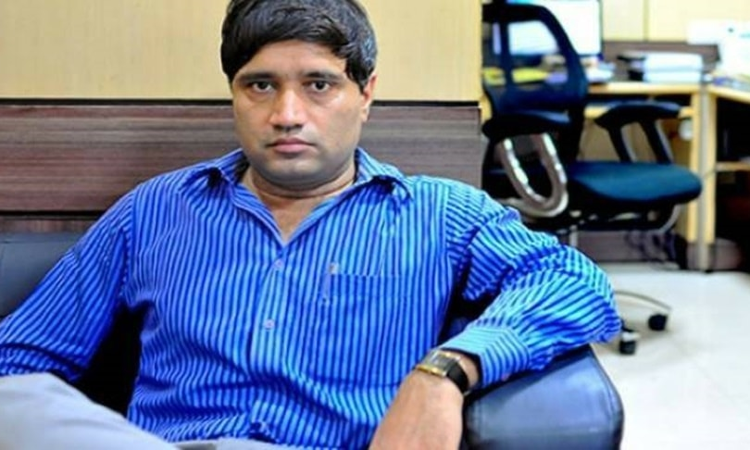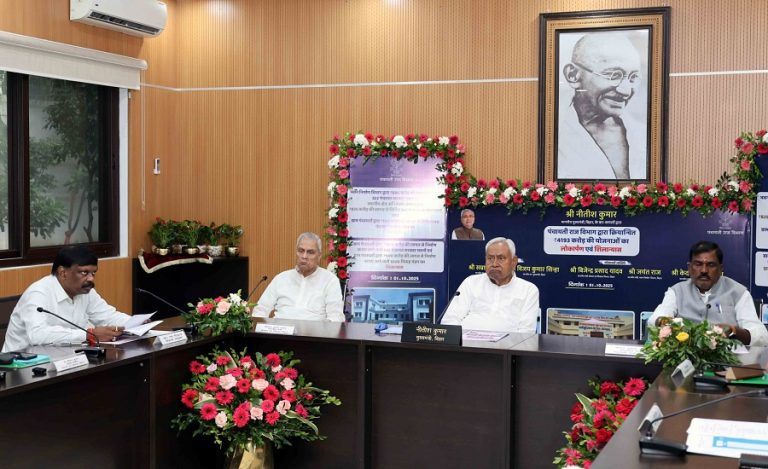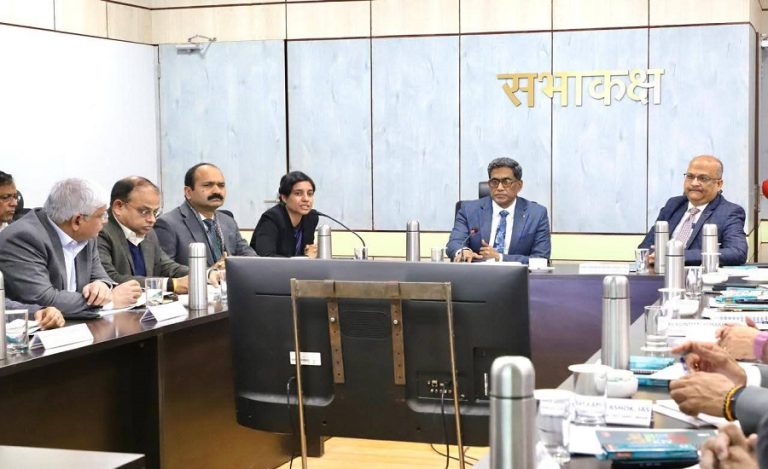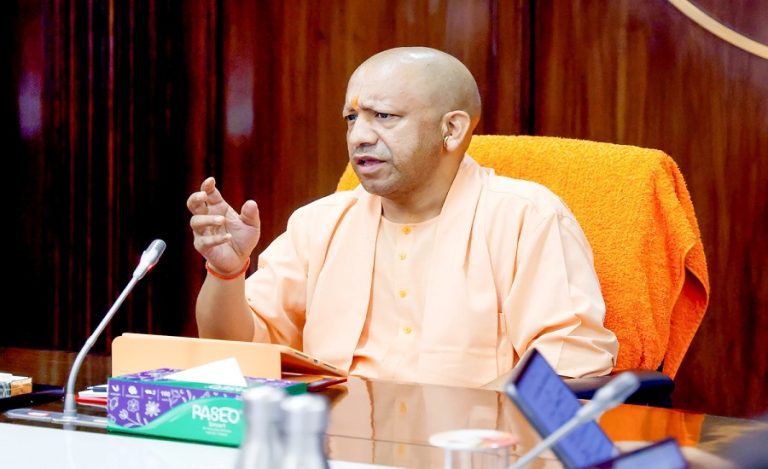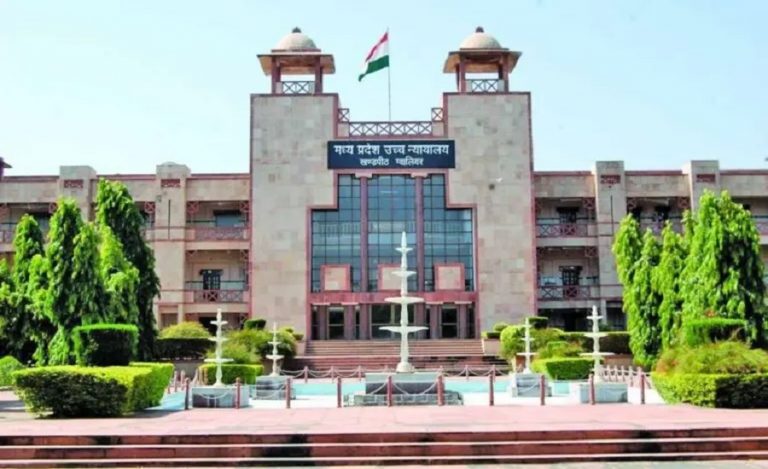Indian Forest Service officer Sanjiv Chaturvedi, 50, has spent over two decades navigating a career shadowed by constant confrontation with corruption. Known for his fearless approach, Chaturvedi has received both public acclaim and political backlash, becoming the youngest civil servant in India to be awarded the Ramon Magsaysay Award and the only litigant in recent memory to have faced recusals by sixteen judges.
Chaturvedi has consistently exposed large-scale scams, attracting the ire of powerful politicians and bureaucrats. Legal remedies have often proved elusive, with multiple Supreme Court and high court justices, lower court judges, and members of the Central Administrative Tribunal (CAT) stepping aside from hearing his cases without providing reasons. The officer’s legal battles highlight the limitations of the judiciary in addressing entrenched corruption.
Recently, Chaturvedi faced criminal contempt proceedings initiated suo motu by the CAT following a defamation suit he had filed. The tribunal pursued the matter despite a stay order from the Uttarakhand High Court, and initial attempts to secure relief were refused by Justices Ravindra Maithani and Alok Verma. Media coverage of the 16th judicial recusal prompted the intervention of Chief Justice G Narendar, who stayed the proceedings until October 30, allowing Chaturvedi to continue his fight.
Chaturvedi’s career began in Haryana, where he was allotted the cadre after joining the IFS in 2002. Inspired by IAS officer Ashok Khemka, he took on corruption in illegal tree-felling, poaching, and embezzlement in plantation schemes. Political backlash was swift. Haryana’s then chief minister B.S. Hooda suspended him, recommended his dismissal, downgraded his performance reports, and attempted to implicate him in a criminal case. Despite this, interventions by Presidents Pratibha Patil and Pranab Mukherjee over the years overturned many punitive measures.
In 2012, Chaturvedi moved to Delhi as Chief Vigilance Officer at AIIMS, uncovering embezzlement in construction projects, tenders, and medical procurement. More than twenty irregularities he flagged were referred to the CBI. Union Health Minister Ghulam Nabi Azad praised his efforts, but when the government changed in 2014, he was removed from his post, largely due to powerful figures being implicated in his investigations.
Chaturvedi’s work has been a study in contrasts. In 2015, he was recognized with the Ramon Magsaysay Award for integrity and courage, even as the Union health ministry gave him a failing Annual Performance Appraisal Report, an unprecedented low. He joined the Uttarakhand cadre the same year and continued his focus on environmental conservation, overseeing efforts to protect rare Himalayan flora and fauna, using AI for climate studies, and promoting public awareness through biodiversity parks.
His fight against corruption has continued alongside his conservation work. He has highlighted irregularities in the Corbett National Park and reported the disappearance of thousands of forest boundary pillars in the Mussoorie Forest Division, prompting a central probe despite state-level transfers. Chaturvedi’s petitions have led to show-cause notices for top bureaucrats, including cabinet secretaries and intelligence officials, demonstrating his legal acumen and persistence.
While Chaturvedi may be seen as a cautionary tale for civil servants challenging entrenched interests, he has also inspired many. He has lectured at IAS, IPS, and forest academies on anti-corruption measures and remains a figure admired for his integrity, courage, and relentless pursuit of accountability, revealing the vulnerabilities of both the executive and the judiciary.

